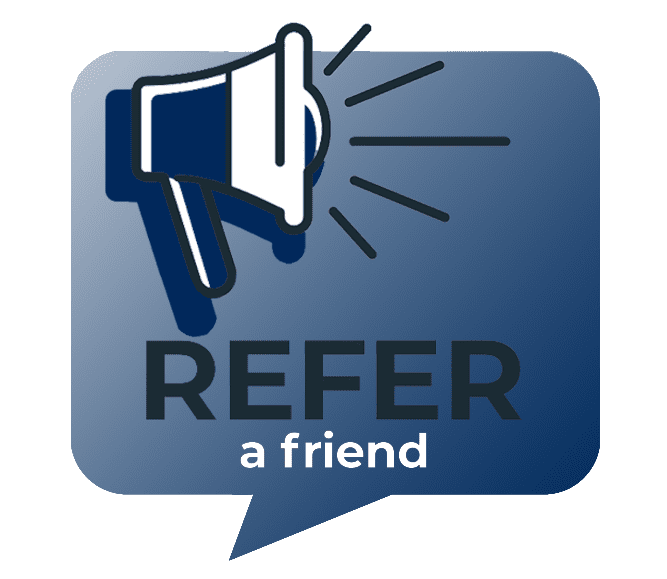Natural disasters can be devastating to businesses. While damage caused by some types of natural events—such as lightning or wind—will usually be covered by commercial property insurance, you need a special policy if you want protection from flood damage.
What is the definition of a flood?
A simple definition of a flood is an accumulation of water on normally dry land. The NFIP has a technical definition of a flood, which is as follows: A general and temporary condition of partial or complete inundation of two or more acres of normally dry land area or of two or more properties (at least one of which is your property) from any of the following:
- Overflow of inland or tidal waters
- Unusual and rapid accumulation or runoff of surface waters from any source
- Mudflow, which is defined as “A river of liquid and flowing mud on the surfaces of normally dry land areas, as when earth is carried by a current of water. Other earth movements such as landslide, slope failure, or a saturated soil mass moving by liquidity down a slope, are not mudflows.”
- Collapse or subsidence of land along the shore of a lake or similar body of water as a result of erosion or undermining caused by waves or currents of water exceeding anticipated cyclical levels that result in a flood as defined above
What are the common causes of flooding?
Floods can have a variety of causes, and floods can occur even in areas that don’t typically flood. Some of the common causes of flood include:
- Storm surges after hurricanes
- Heavy rain causing flash-flooding
- Overflowing rivers or streams
- Broken dams or levees
- Mudslides due to heavy rain on hills or mountainsides
- Fast melting snow, which can cause floods when the ground is frozen and unable to absorb water
- Blocked storm drains, which may cause a flood even with moderate rainfall
- New urban development which changes natural runoff patterns and reduces the ability of the land to drain properly
Does My Commercial Property Insurance Include Coverage for Flooding?
No. Damage from flooding, including flooding generated by hurricane-generated storm surge, typically is not covered under a standard commercial policy, including a Commercial Package Policy (CPP) or a Business Owners Policy (BOP)
Is Flood Insurance REQUIRED for my business?
Flood Insurance is not a requirement. However, if you own a business inside or outside of the high-risk flood area, you own a building or lease an office, you should consider purchasing flood insurance for the protection and peace of mind it brings. Many business owners, particularly those in high-risk flood areas, may be required to have flood insurance. If you have a mortgage from a federally regulated or insured lender you may be required to obtain flood coverage.
Whether your business is located in an area of common flooding or not, commercial flood insurance is worth exploring. Contact our agents at (352) 371-7977 or contact us so we can help you get started.
Sources:
https://www.iii.org/article/does-my-business-need-flood-insurance
https://disb.dc.gov/page/business-commercial-flood-insurance-coverage-faqs



